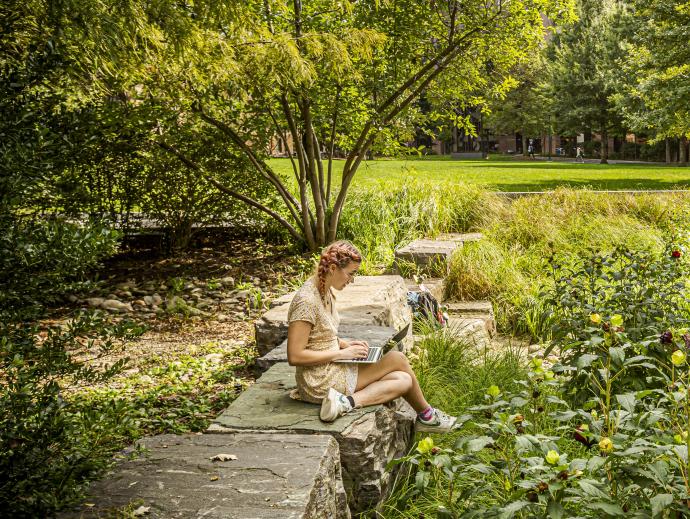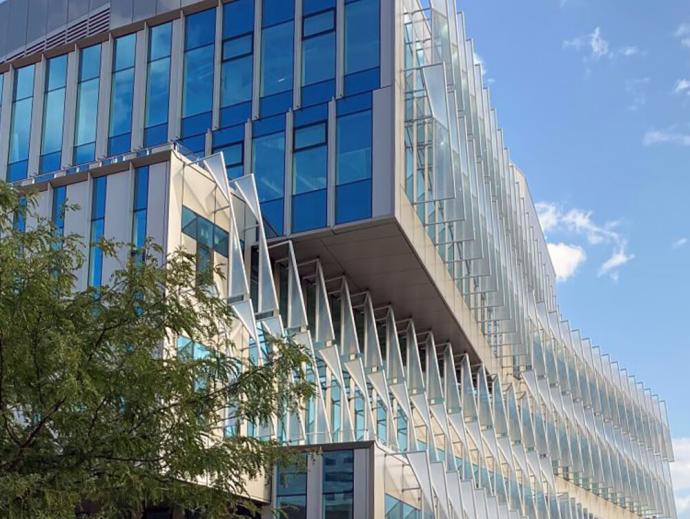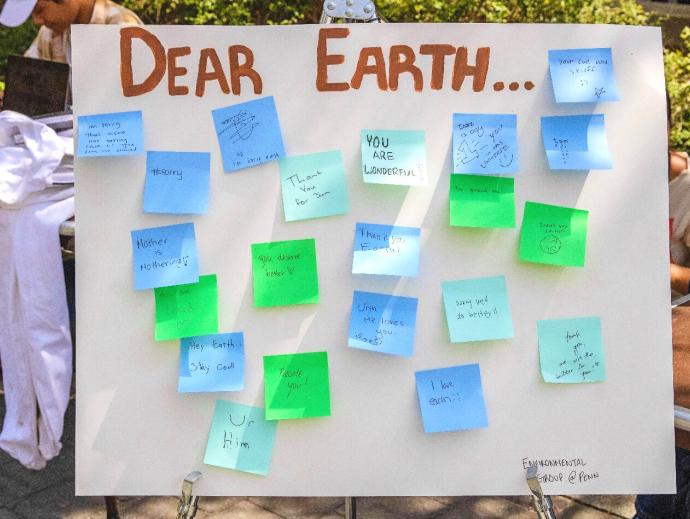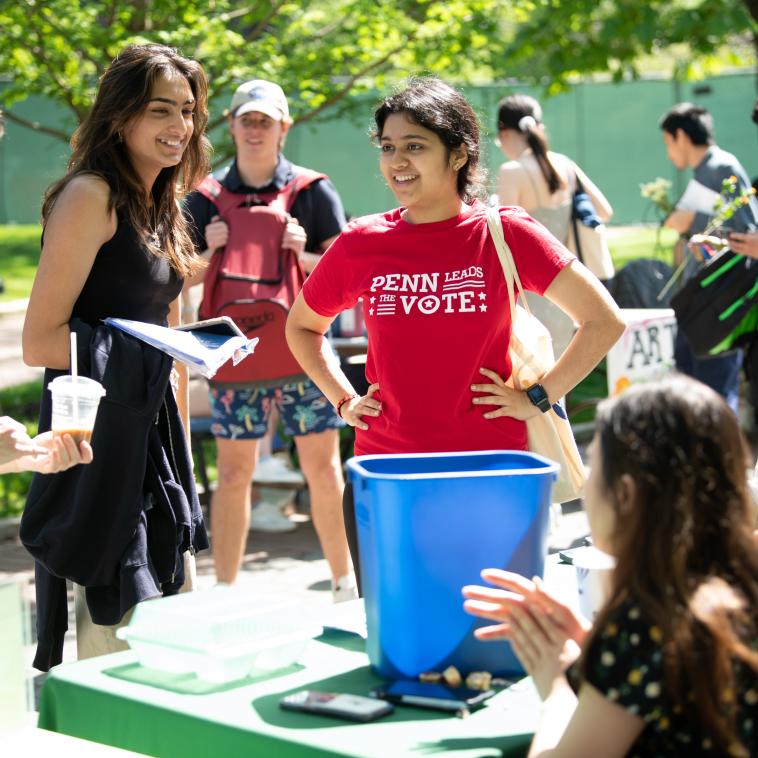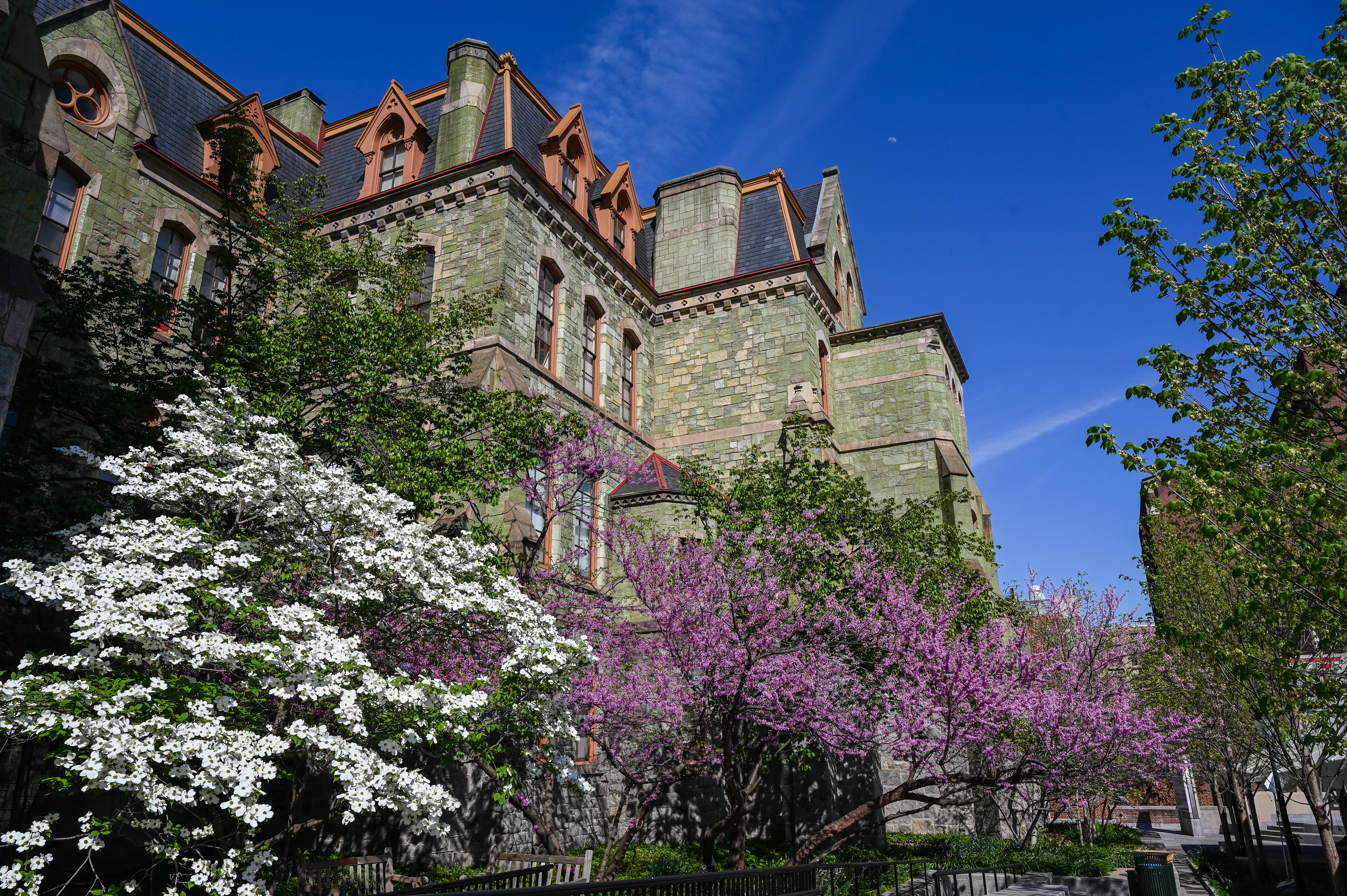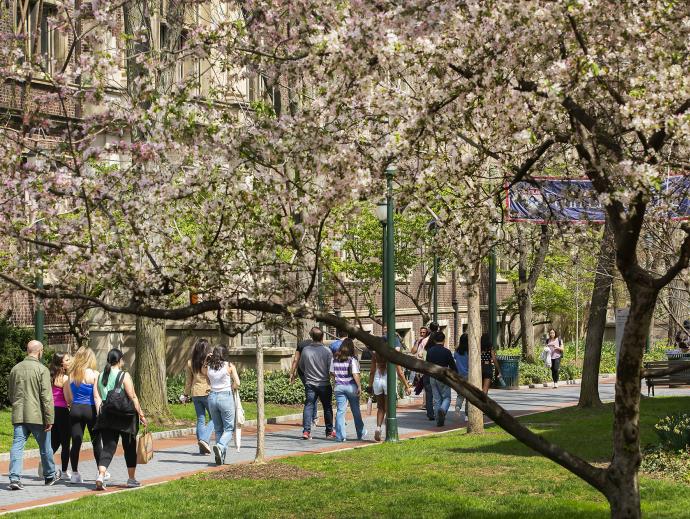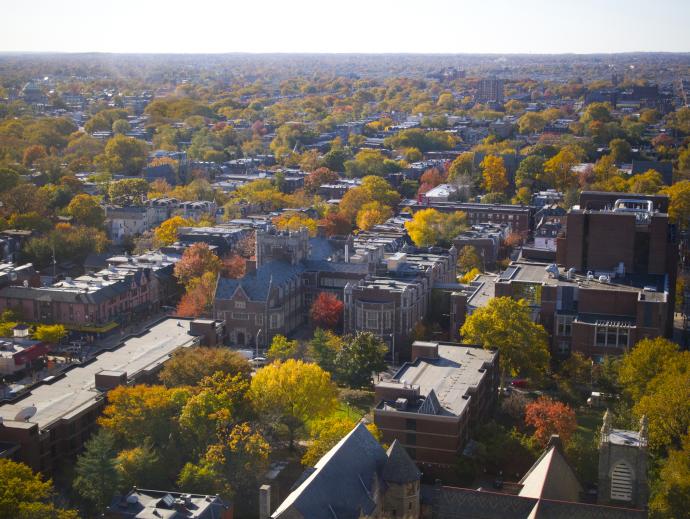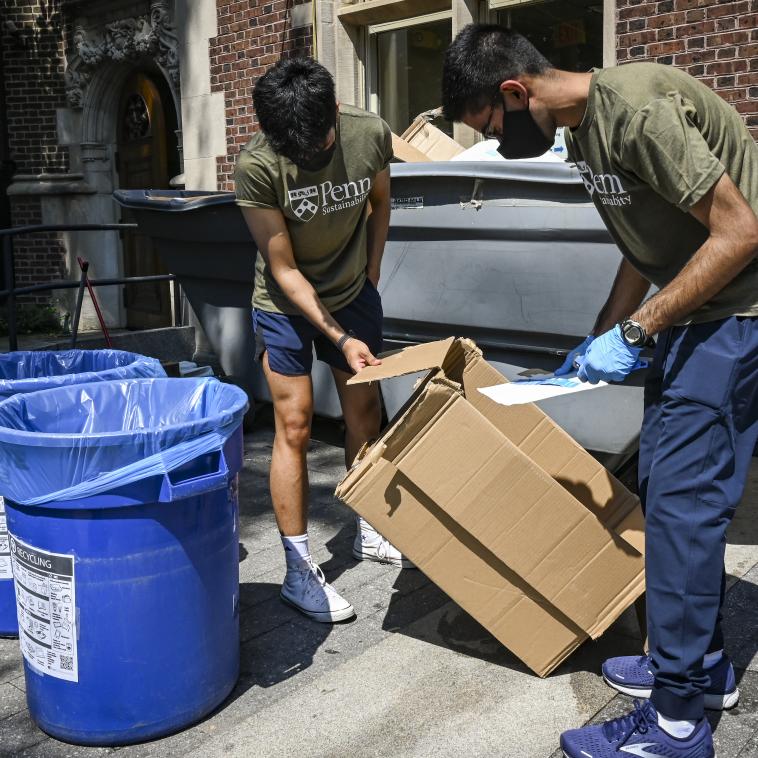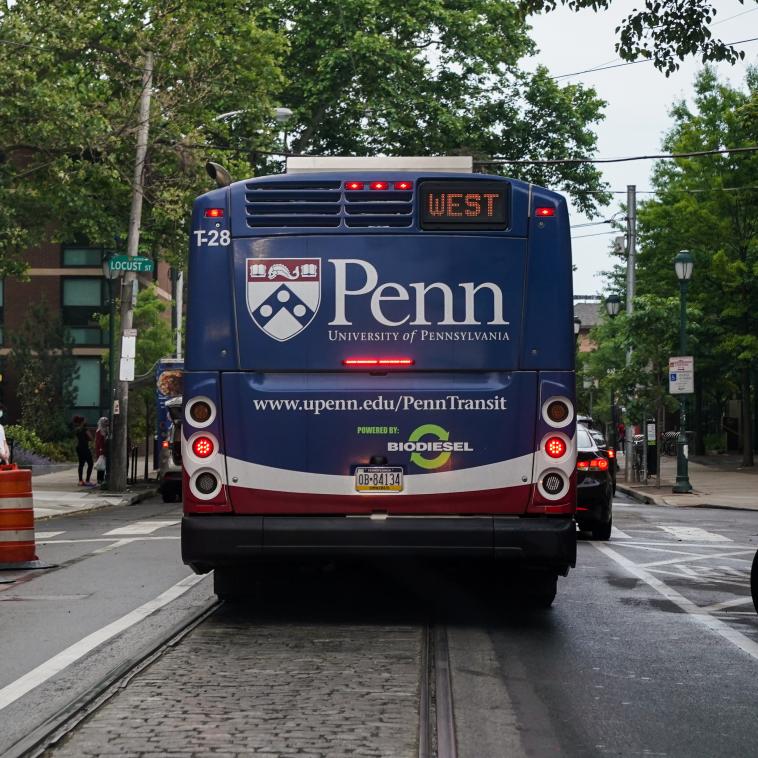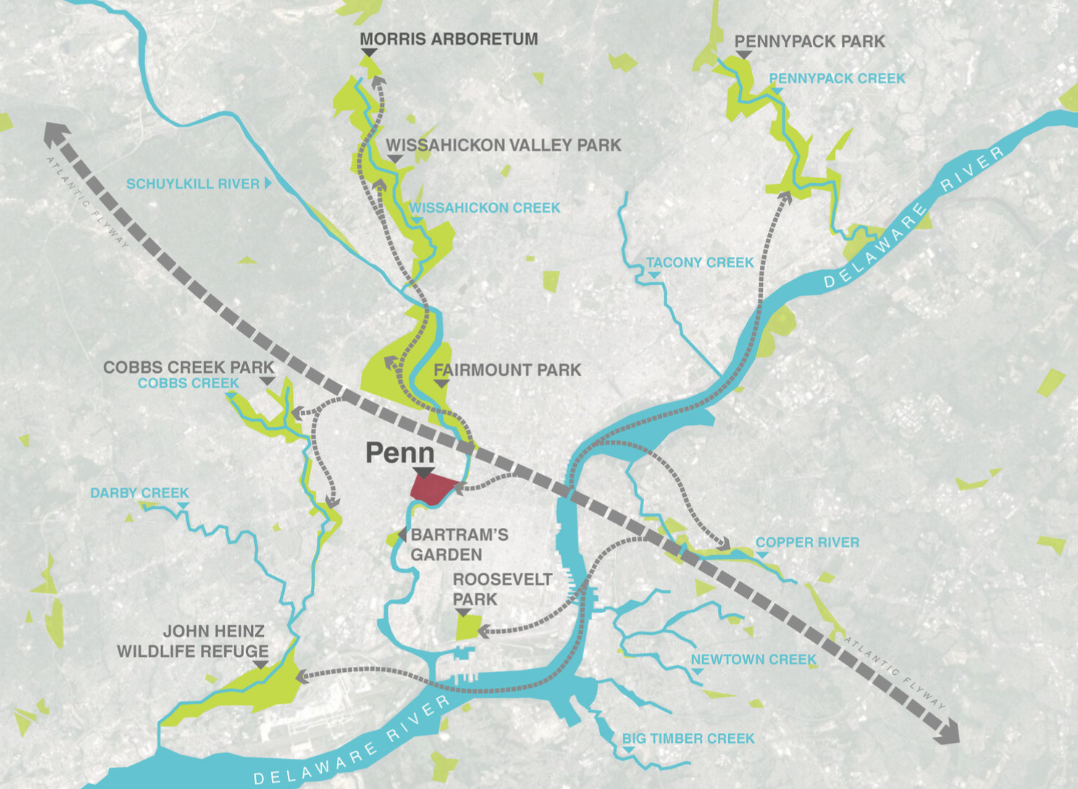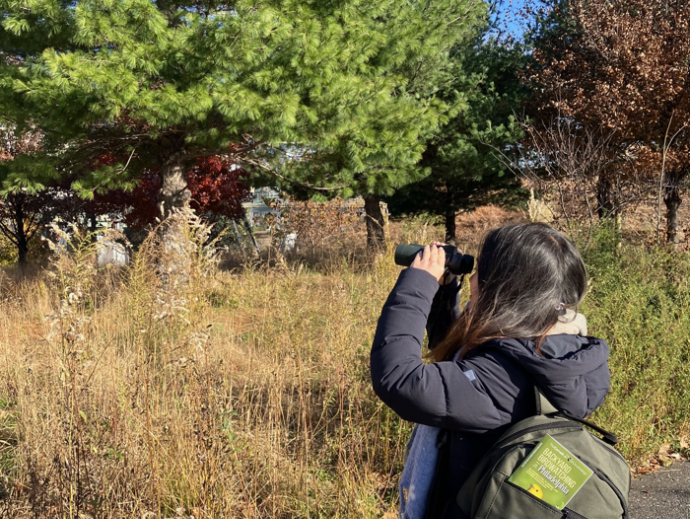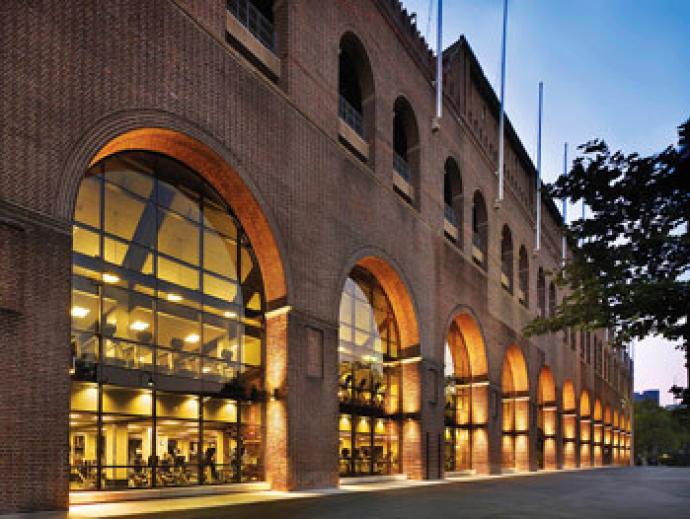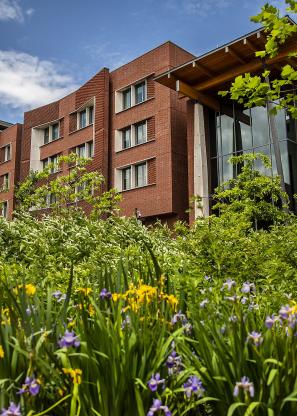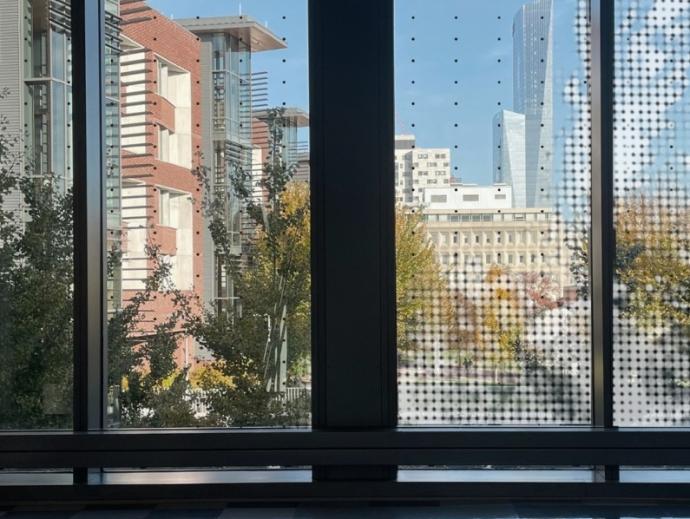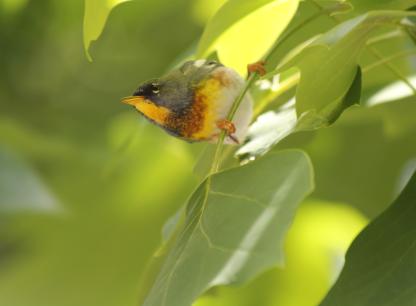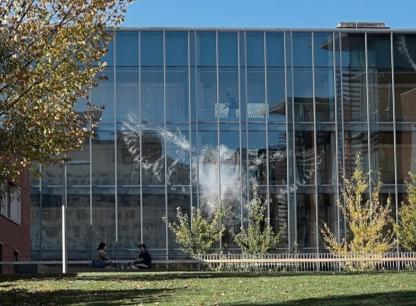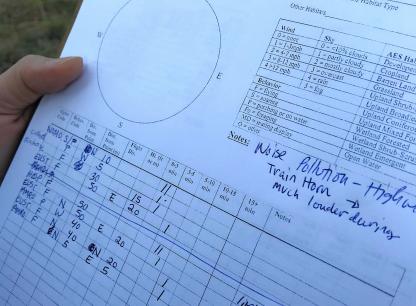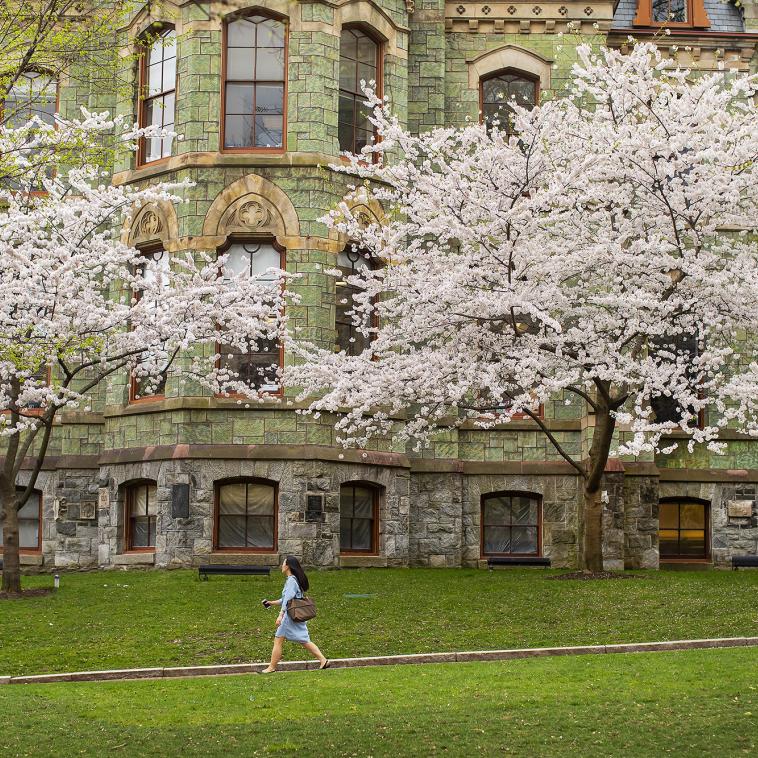Noah Swistak
Noah Swistak, Sustainability Manager
Noah is the Sustainability Manager in the University of Pennsylvania's Sustainability Office. He implements projects in support of the Climate and Sustainability Action Plan across a broad spectrum of sustainability topics such as decarbonization, GHG reporting, stormwater management, procurement, transportation, and waste. Noah also helps oversee the Environmental Sustainability Advisory Committee, manages the Student Eco-Reps program and School & Center Sustainability Coordinators group, and assists in the production of many of the Sustainability Office's outreach events.
Previously, Noah worked as the Membership Director for the Philadelphia-based Energy Co-op where he managed all campaigns and analyses pertaining to the cooperative’s sales, customer and business development; ran an internship program; and served as a subject matter expert for renewable energy financing, campus sustainability planning, and emerging renewable power technologies. Previous to his time at The Energy Co-op, Noah worked for the Association for the Advancement of Sustainability in Higher Education (AASHE) as their Membership Development Manager. In this role, Noah provided direct technical consultation to academic member institutions to further their sustainability and decarbonization goals and supported the annual AASHE international sustainability conference. He received his Master of City Planning degree from the Stuart Weitzman School of Design and his Bachelor of Arts in Geography from Villanova University. Noah lives in Philadelphia and has served on the Board of Directors and Zoning Committee of his neighborhood civic group, the Queen Village Neighbors Association.
